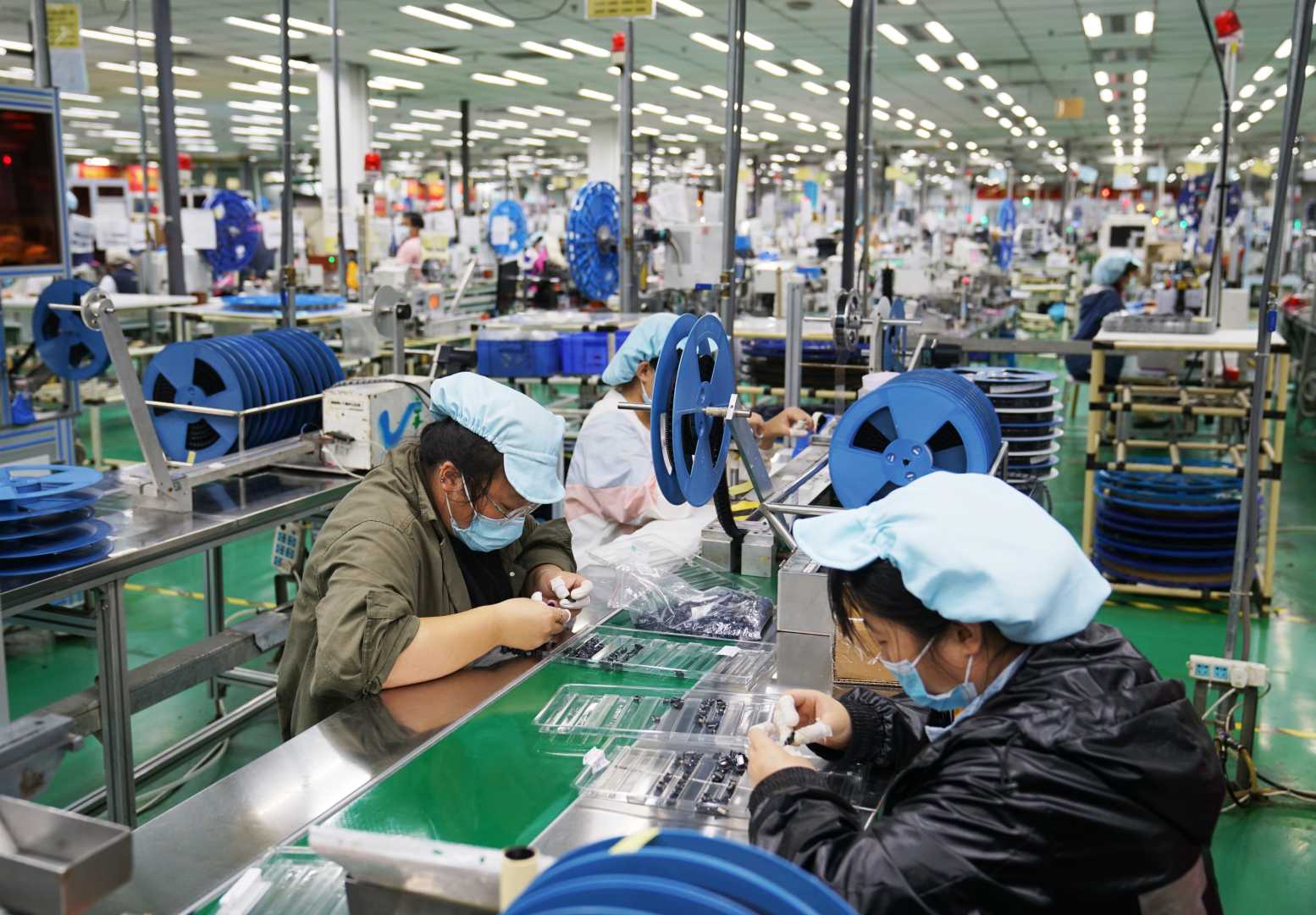Business
The Hidden Risks of Apple’s Alliance with China

NEW YORK, NY — The complexities of Apple‘s relationship with China have come to the forefront, affecting both the tech giant and national security. The iPhone, a device integral to everyday life, symbolizes this connection. Apple sold over 60 million iPhones in the U.S. last year, emphasizing its dominance in the market. In 2024 alone, Apple reported revenue of $391 billion.
Patrick McGee, a seasoned journalist from the Financial Times, sheds light on how Apple’s success is intertwined with the Chinese market. According to McGee, Tim Cook, Apple’s CEO, has strategically aligned the company’s future with the authoritarian regime in China. This relationship has raised concerns about national security risks and the impact on the American workforce.
McGee argues that Apple’s reliance on China is not merely a business decision but a strategic misstep that poses risks at multiple levels. He highlights how China’s totalitarian system and labor practices create an enticing environment for outsourcing. The transfer of knowledge from the U.S. to China has made it increasingly difficult for Apple to sever ties.
As discussions about decoupling from China continue, McGee warns that the conventional view—that Apple owes its existence to China—may not tell the whole story. Instead, he asserts, China, influenced significantly by Apple, has become what it is today due to this partnership.
The dialogue on this issue emphasizes the complicated role of major corporations in international relations and national security. As Apple navigates these challenges, the ramifications for both businesses and governments are profound.












